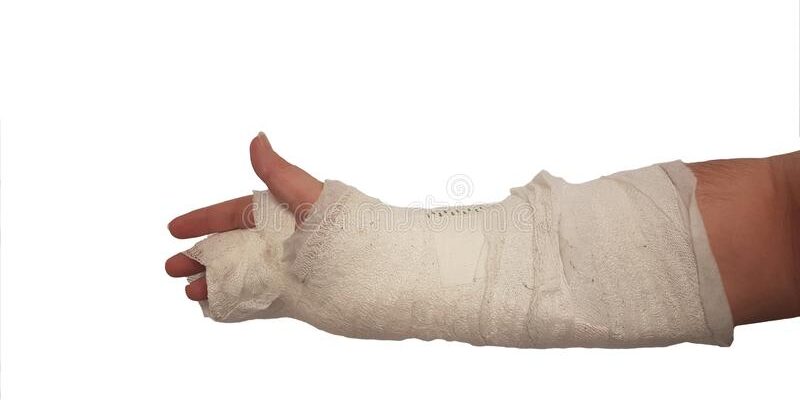Stress and health are closely related. But what is stress? Stress is a response to a perceived threat or danger. Long ago, when humans were hunting and gathering, our stress response was triggered by external danger. When this instinct was activated, it was the body’s signal to release hormones that allowed us to have a resourceful reaction and a quick response time. This fight or flight instinct was vital to our survival.
We are now in a modern world. Most of us no longer need to hunt and gather to survive. Other “threats” now trigger our stress response, such as issues related to work, finances and relationships. Stress can be temporary or it can continue over the long term, affecting hormones, mood, illness and all aspects of your health and well-being.
What are the effects of stress on your health?
The impact of stress on health can be significant both physically and emotionally. Consider the following effects of stress:- Colds, flu, viruses and other illnesses
- Depression and anxiety
- Fatigue
- Headaches
- Heart problems or heart attacks
- Insomnia or interrupted sleep
- Irritability and anger
- Overeating
- Pain
- Stomach and gastrointestinal problems
- Substance use
- Concentration problems
What are the effects of stress on the immune system?
Over time, the effects of stress can build up in your brain and body. This kind of long-term, or chronic, stress can weaken the immune system and put you at risk for a variety of illnesses, from simple colds to more serious diseases. When you feel stress, your body creates a hormone called cortisol, which enters the bloodstream. For brief periods, cortisol can help regulate many of the body’s natural functions, including sleep, weight, blood pressure and blood sugar. However, when you suffer long-term stress, cortisol levels remain elevated. This can lead to inflammation and a lower white blood cell count, two problems that can weaken the immune system. We recommend you to read: Nosebleeds and what to do in the case of oneWhat are some of the causes of stress?
Virtually anything can cause stress, depending on the situation and your ability to handle it. But here are some of the most common stressors:- Employment and the workplace: Deadlines, demanding bosses, complicated colleagues, office politics, even harassment and discrimination in the workplace can keep you up at night worrying and dreading. Your job is an important part of your daily life. When things are not going well, stress at work can increase. On the other hand, if you are unemployed, stressors can be linked to loss of income and basic needs, such as food and housing.
- Money and finances: Looming bills, credit card debt, debt collectors, identity theft and fraud, even the act of checking your savings account balance, can all cause stress. For most people, money is a necessity. Some people have difficulty making ends meet and others are unemployed or underemployed. Concerns may arise about how to buy groceries, pay the electric bill, pay the doctor’s bill, and pay the rent or mortgage. The effects of stress can make it difficult to survive and thrive.
- Disasters and trauma: Natural or man-made disasters and traumatic events can have major impacts on a person’s life. Tornadoes, wildfires, hurricanes and floods can result in the loss of lives, homes and communities. This kind of stress can be overwhelming. The stress of traumatic events, such as being the victim of an attack or being involved in a serious accident, can also create deep and lasting stress and health problems.
- Relationships and family: Children, divorce, separation, loneliness and even the responsibility of caring for a family can create stress. For people coping with the death of a loved one, dealing with illness, or acting as caregivers for an ill or elderly family member, stress also plays an important role in health and well-being.
Is stress bad for your health?
Some forms of short-term stress can be beneficial. For example, perhaps there’s a project at work that you’ve put off for weeks and now it’s due. The pressure you suddenly feel to deliver that project is stress. This type of stress is short-lived. It can increase your energy, concentration and adrenaline levels so you can deliver on time. Some people who work well under pressure understand how to make the most of this type of short-term stress. Consider the sudden, temporary stress of a car accident you just avoided: your heart is pounding and your hands are shaking. The surge of adrenaline allowed you to think and act in a split second. This instinctive fight-or-flight response helped save you from a situation that could have been harmful. So, not all types of stress are bad, but it’s important to understand the difference.Tips for managing the impact of stress on your health
When managed, the impact of stress on your health can be reduced. Try these tips when you feel stressed:- Identify stressors: Recognize feelings of stress – what’s eating you up – is it work, money, a relationship or something else? Once you know this, you can begin to manage stress in a healthy way.
- Talk to a therapist or counselor: Tell them what’s going on and how you feel. They can help identify the reason for the stress and offer helpful tips on how to manage it. If you have a plan through your employer, they may offer an Employee Assistance Program (EAP). EAPs typically offer confidential, no-cost access to a counselor or therapist as part of employment benefits.
- Exercise and adopt an active lifestyle: Being more active is one of the easiest and best ways to overcome stress. Walking, biking, running, jogging, gardening, yoga or weight lifting can change your focus and your brain’s hormones. Exercise creates endorphins, which are hormones that make you feel better and happier. When you feel happier, you can keep stress under control. Daily exercise and movement are key to counteracting the effects of stress.
- Meditate: Meditation can lower blood pressure and decrease anxiety and tension.4 If you’re feeling stressed, you can try a meditation or mindfulness technique to help manage it.
- Participate in fun activities: Find a hobby or volunteer opportunity. When you participate in an activity you enjoy, you take your focus off the stress and onto something else.





